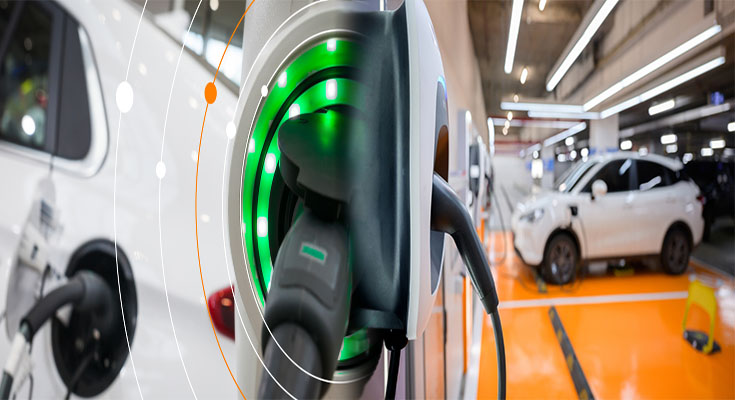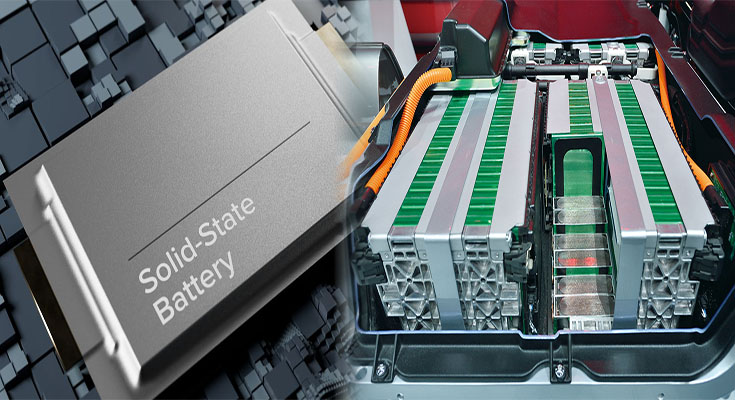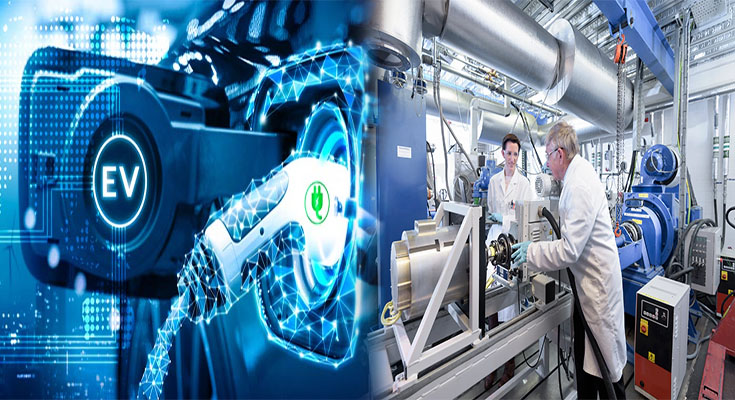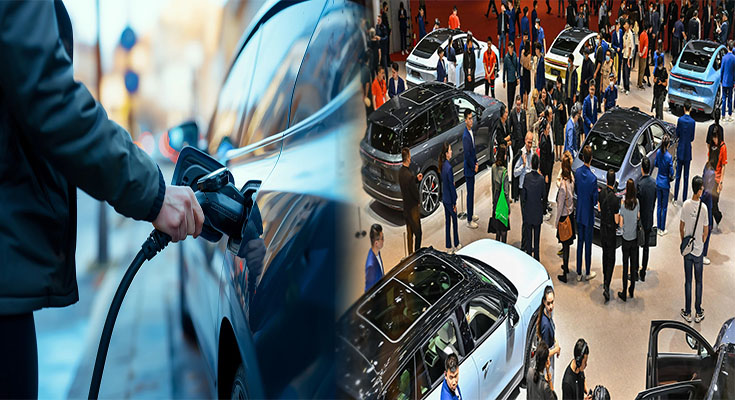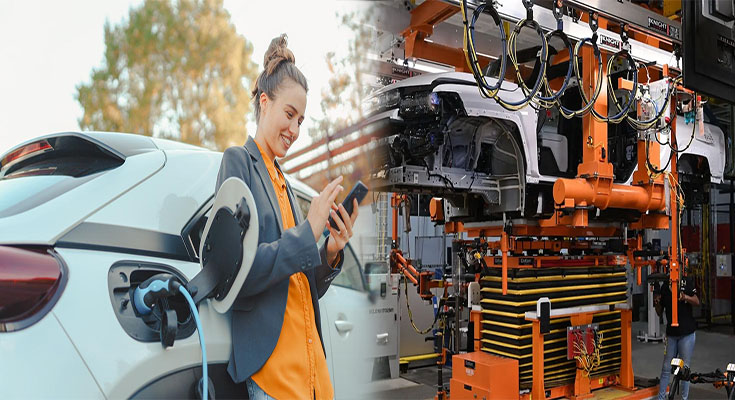Impact of Fast-Charging Innovations on Electric Vehicle Batteries
The progression of electric vehicle (EV) technology has been heavily influenced by advancements in fast-charging capabilities. The ability to rapidly recharge electric vehicle batteries has significant implications for the practicality, convenience, and widespread adoption of EVs. In this article, we will explore the impact of fast-charging innovations on electric vehicle batteries, analyzing the benefits and challenges associated with this transformative technology.
Understanding Fast-Charging Innovations
Fast-charging innovations in the electric vehicle sector encompass a range of technological developments aimed at reducing charging times and improving the overall efficiency of charging infrastructure. These innovations leverage advancements in battery chemistry, charging protocols, thermal management systems, and infrastructure deployment to achieve accelerated charging speeds while maintaining the integrity and longevity of electric vehicle batteries.
Impact of Fast-Charging on Electric Vehicle Batteries
- Enhanced Convenience and Adoption: Fast-charging innovations play a pivotal role in enhancing the convenience and practicality of electric vehicles. Rapid charging capabilities
Advantages of Solid-State Batteries for Electric Vehicles
As the demand for sustainable transportation solutions continues to rise, the development of advanced battery technologies has become a focal point in the electric vehicle (EV) industry. Solid-state batteries represent a significant advancement in energy storage, offering several key advantages that have the potential to revolutionize the performance and feasibility of electric vehicles. In this article, we will delve into the advantages of solid-state batteries for electric vehicles and their pivotal role in shaping the future of EV technology.
Understanding Solid-State Batteries
Solid-state batteries differ from traditional lithium-ion batteries in their composition and design. Unlike lithium-ion batteries, which use liquid electrolytes, solid-state batteries employ solid electrolytes, providing several distinct advantages that are poised to enhance the capabilities of electric vehicles.
Advantages of Solid-State Batteries for Electric Vehicles
- Enhanced Safety: Solid-state batteries are inherently safer than traditional lithium-ion batteries. The absence of volatile and flammable liquid electrolytes significantly reduces the
Recent Breakthroughs in Electric Vehicle Battery Technology
Electric vehicles (EVs) have gained considerable traction in recent years as a sustainable alternative to traditional gasoline-powered vehicles. One of the critical components driving the adoption of EVs is the battery technology used to power them. In this article, we will explore some of the recent breakthroughs in electric vehicle battery technology that are revolutionizing the industry.
Importance of Battery Technology in Electric Vehicles
Battery technology is a key factor determining the performance, range, charging time, and overall cost of electric vehicles. Advancements in battery technology are critical for driving the widespread adoption of EVs by improving their efficiency, affordability, and convenience. Let’s explore some recent breakthroughs that are propelling the electric vehicle industry forward.
Recent Breakthroughs in Electric Vehicle Battery Technology
- Solid-State Batteries: Recent advancements have focused on developing solid-state batteries as a potential replacement for traditional lithium-ion batteries. Solid-state batteries offer higher energy density, longer lifespan, faster
Regional Disparities in Electric Car Adoption and Market Penetration
As the global automotive industry continues its transition towards sustainable transportation, the adoption and market penetration of electric cars vary significantly across different regions. While some areas have embraced electric vehicles (EVs) wholeheartedly, others struggle to overcome barriers to entry such as infrastructure limitations, consumer preferences, and government policies. Understanding the regional disparities in electric car adoption is essential for addressing these challenges and accelerating the shift towards a more sustainable mobility ecosystem.
Factors Influencing Regional Disparities
Infrastructure Development
One of the primary factors influencing regional disparities in electric car adoption is the availability of charging infrastructure. Regions with a well-established network of charging stations and supportive infrastructure policies tend to experience higher adoption rates of electric vehicles. Conversely, areas where charging infrastructure is limited or inaccessible face significant barriers to entry, leading to lower market penetration of EVs.
Government Incentives and Policies
Government incentives and policies play a pivotal …
Collaborations between Automakers and Tech Companies in the Electric Car Sector
The convergence of automotive and technology industries is reshaping the landscape of electric car development and adoption. As electric vehicles (EVs) continue to gain traction globally, collaborations between automakers and tech companies are playing a pivotal role in driving innovation and accelerating the transition towards a more sustainable transportation ecosystem.
The Strategic Partnerships Driving Electric Car Innovation
Leveraging Technological Expertise
Automakers are recognizing the importance of integrating cutting-edge technology into their electric vehicles to enhance performance, connectivity, and overall user experience. Collaborating with tech companies allows automakers to leverage their expertise in areas such as battery technology, autonomous driving systems, vehicle connectivity, and software development. These partnerships enable automakers to stay competitive in the rapidly evolving electric car market and deliver innovative solutions that meet the evolving needs of consumers.
Enhancing User Experience
Tech companies bring a wealth of knowledge and experience in user interface design, software development, and connectivity …

